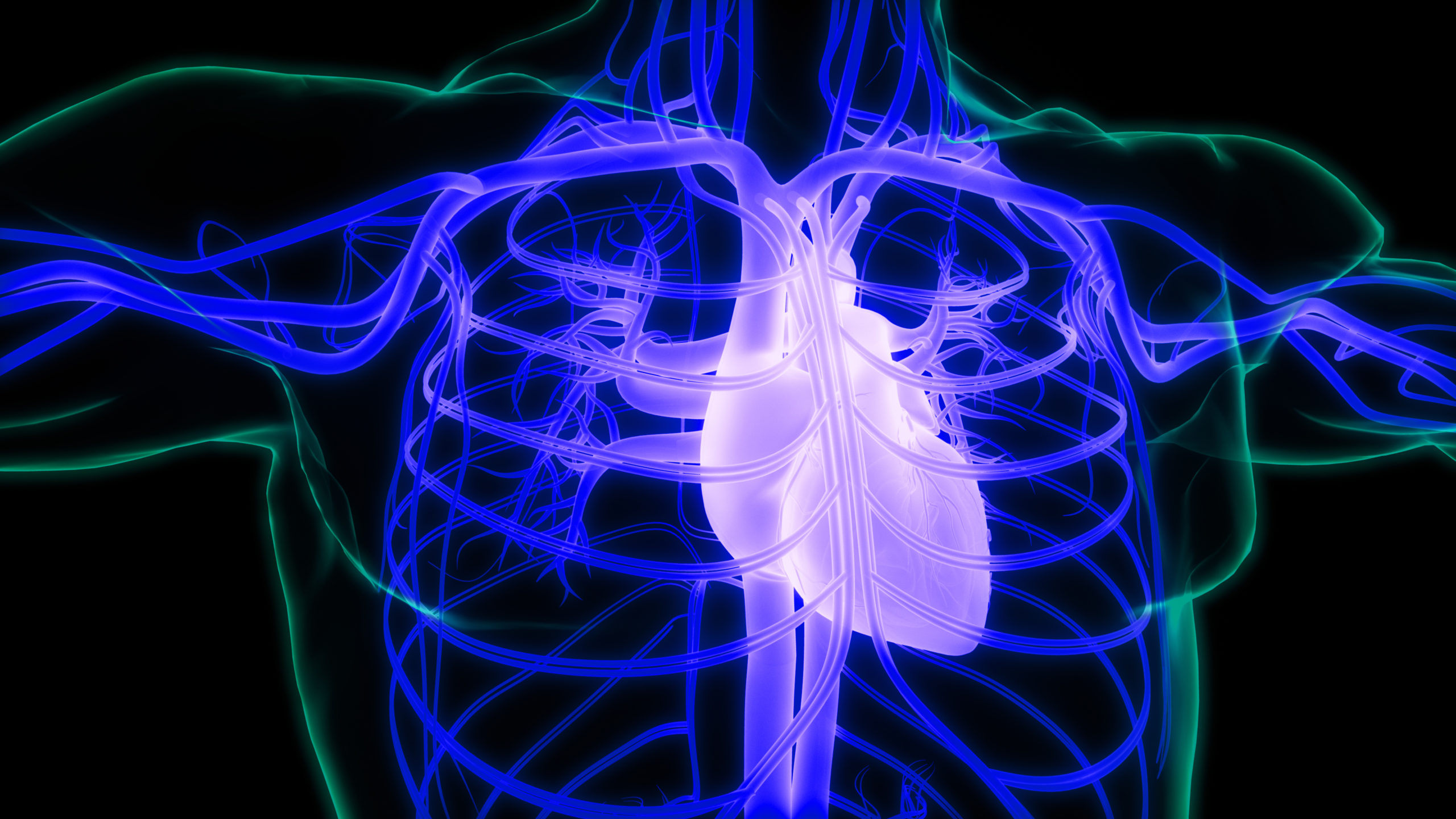PaceMateLIVE Data Utilized in Research of COVID-19 Impact on Afib Patients
Multiple PaceMate leaders, including medical advisory board member Dr. Prashanthan Sanders, have published studies that have examined arrhythmia burden in CIED patients monitored remotely. In a recent study published in EP Europace, Dr. Catherine O’Shea, et al., share results linking an increase in CIED patients’ atrial fibrillation episodes with regional COVID-19 prevalence.
Data from multiple CIED patient cohorts were observed and analyzed, including patient data from American hospital-based and community-based device clinics across multiple states. De-identified, aggregated study data were obtained from PaceMateLIVE, the world’s best cardiac remote monitoring platform, which features automated bi-directional integration of all remote monitoring transmissions and alerts from all device vendors.
Researchers assessed the pandemic’s effect on the occurrence of device-detected atrial arrhythmias in patients residing in states with higher COVID-19 infection numbers. The study compared the frequency of AF events during a portion of the pandemic with similar data from one year prior.

PaceMate Data Supports Public Health
PaceMate is the only company in the cardiac remote monitoring space generating data insights that are immediately actionable for both clinics and research.
PaceMate clinic customers can query clinic data via the PaceMateLIVE platform from day one. But data points from PaceMateLIVE also give researchers the opportunity to evaluate and cross-reference historical data to inform their studies.
A recent strategic data research partnership with electrophysiologists and cardiologists at the University of North Carolina School of Medicine is enabling a more comprehensive and robust follow-on study for 2016 research, utilizing de-identified, aggregated PaceMateLIVE data to correlate 2020 election-related stressors with an increase in adverse cardiac events.
It is exciting that our work in cardiac monitoring is already making a powerful contribution to public health, and we look forward to offering our data analytics capabilities to others in the research space.
